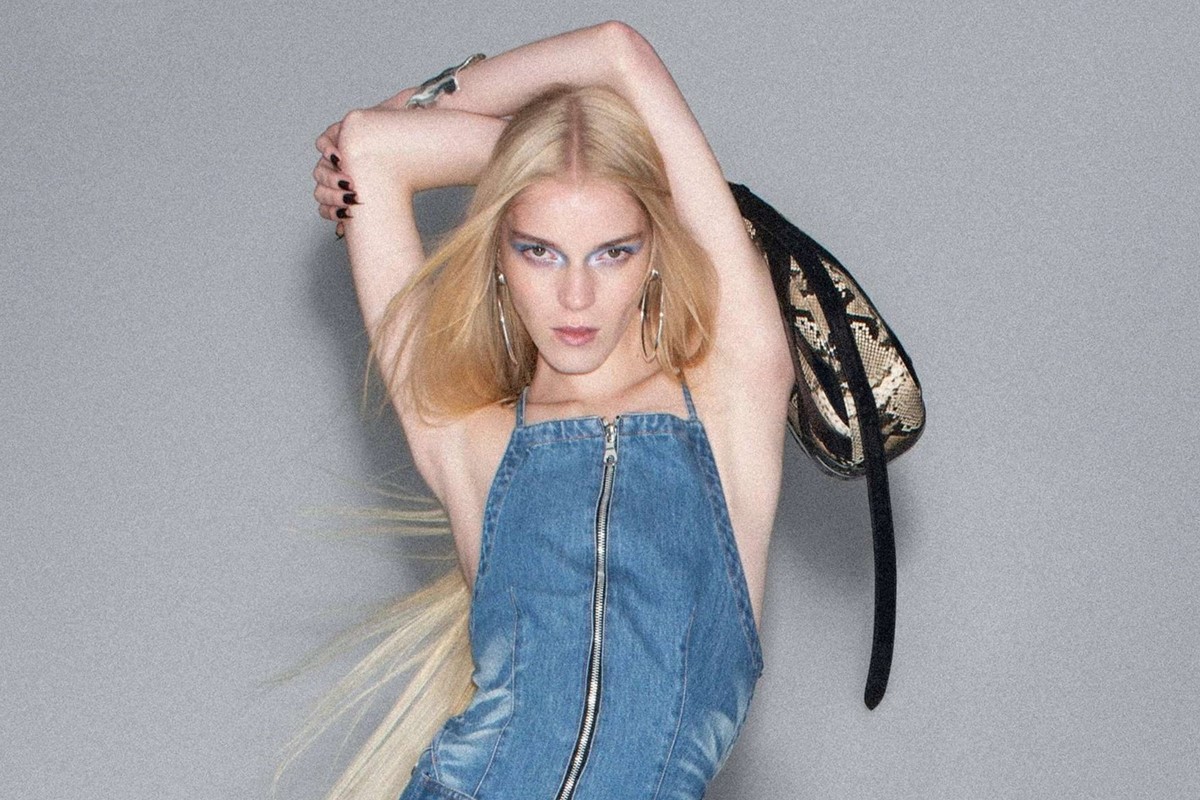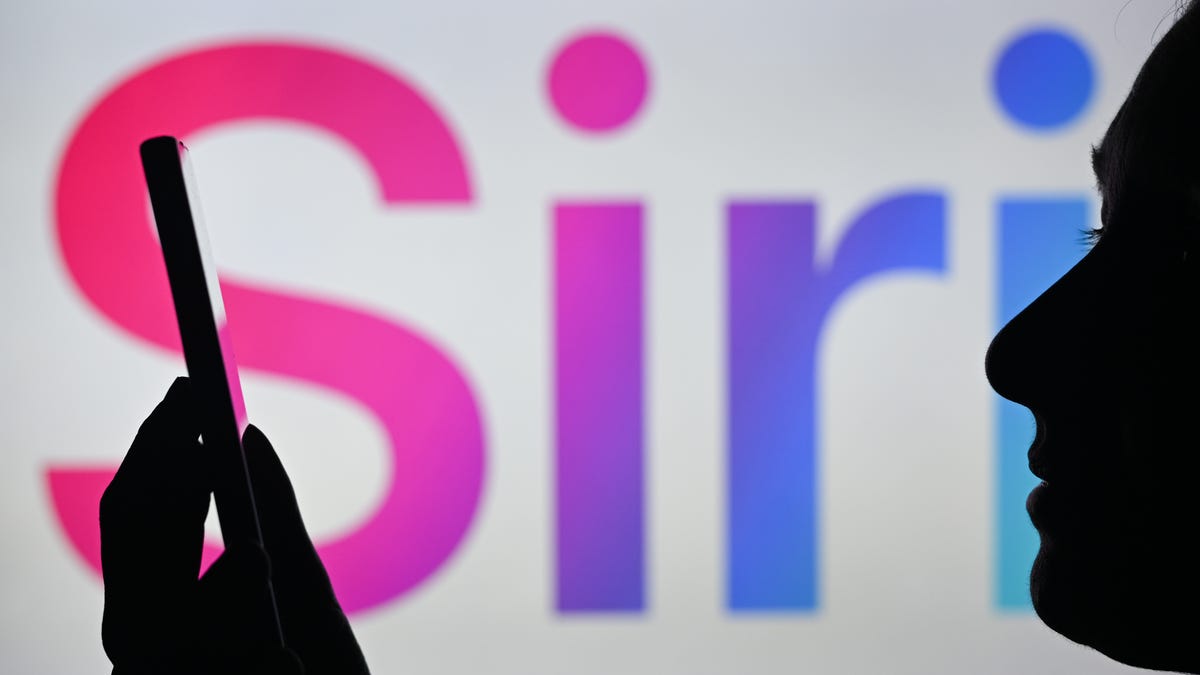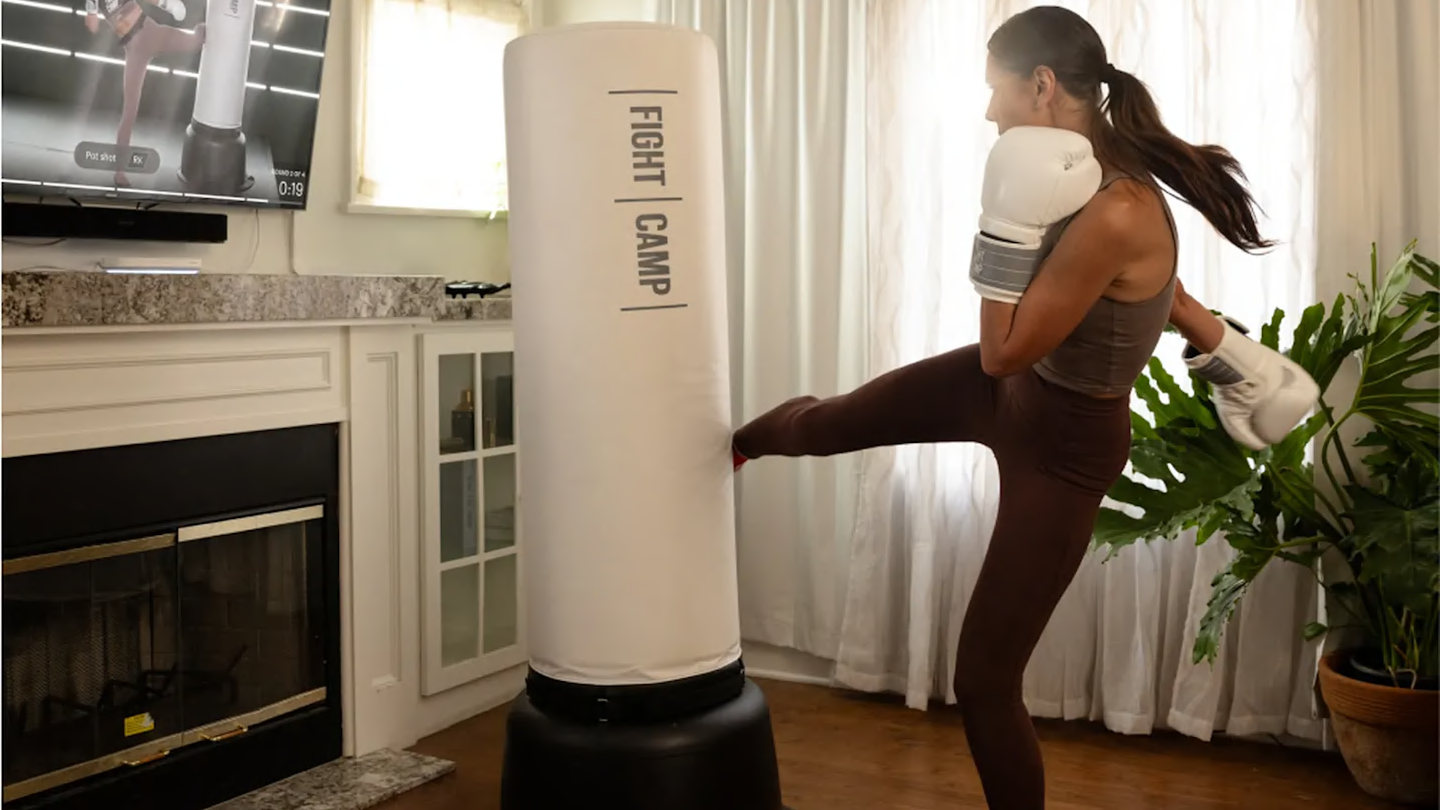Shopping
MARK-TO-MARKET: Dust off your pocketbooks, the holiday shopping season is here

To online-centric shoppers, calling the 1-800 number on the screen to purchase whatever gadget or beauty product is being highlighted on air might seem decidedly old school. However, the approach perfected by network shopping channels like QVC and HSN, which provide an in-home shopping experience built on relationships, exclusive discounts, big names, and even bigger personalities, has plenty of commonality with Canvas Beauty. The cosmetics brand made a record-setting $1 million in sales after a six-hour live stream on TikTok Shop, showing that if you can capture someone’s attention, you might be able to capture their money, too.
There are surprising similarities and stark differences in how different generations spend their dollars, especially in an era where every social media platform is now a virtual shopping center. This total integration begs the question: Are these new platforms different than older models for Gen X and baby boomers, or is it just a case of a new medium spouting out the same message: to sell, sell, sell?
The younger generation’s reliance on influencers has created a slew of new marketing strategies. By keeping purchasing in-house, it results in big business for apps that take commission from third-party sellers. The potential for profits is so significant that TikTok was willing to lose money in 2023 as it launched in the U.S. and has raised seller fees.
In some sense, TikTok Shop still has an untapped audience. While older generations are less inclined to make purchases directly from social media, they’re more established and have plenty of purchasing power.
The data also reveals salient generational differences concerning a brand’s relationship to sustainability and social justice. Hubspot’s 2024 Consumer Trends Report found that younger consumers are more invested in ethical shopping. They value more sustainable products that are better for the environment and prefer to shop at companies that take a stance on social issues, specifically racial justice, LGBTQ+ rights, gender inequality, and climate change. Conversely, the majority of baby boomers say that companies should not take a strong stance on social issues.
While Gen Z and millennial shoppers are more interested in virtual marketing and online shopping than baby boomers, who still allow TV ads and retail stores to dictate what they buy, boomers tend to spend more per purchase, according to a 2024 Whop survey.
The popularity of TikTok Shop represents something new that will inevitably impact all generations: the full integration of shopping and entertainment. But despite the platform’s continued growth, the pendulum may swing back if commerce ever fully eclipses engagement.
Take, for instance, the rise and fall of Instagram Live Shopping, which began in 2020 and had relative success. However, its sales and engagement quickly plummeted, and Instagram discontinued the feature in 2023. By deprioritizing retail, Instagram could refocus on the app’s mission to “bring people together” around concepts of connection and creativity, Instagram’s CEO Adam Mosseri explained in a video post, rather than turning an app about community into one long infomercial.
Gen Z is the first cohort to come of age in a fully immersive virtual marketplace. As they grow up and their purchasing power increases, who knows if the inescapable and endless loop of products will age with them? In this sense, boomers may have one over Gen Z: At least with shopping networks and infomercials, you can always just change the channel.
Story editing by Alizah Salario. Additional editing by Kelly Glass. Copy editing by Kristen Wegrzyn.
This story originally appeared on Collabstr and was produced and distributed in partnership with Stacker Studio.







